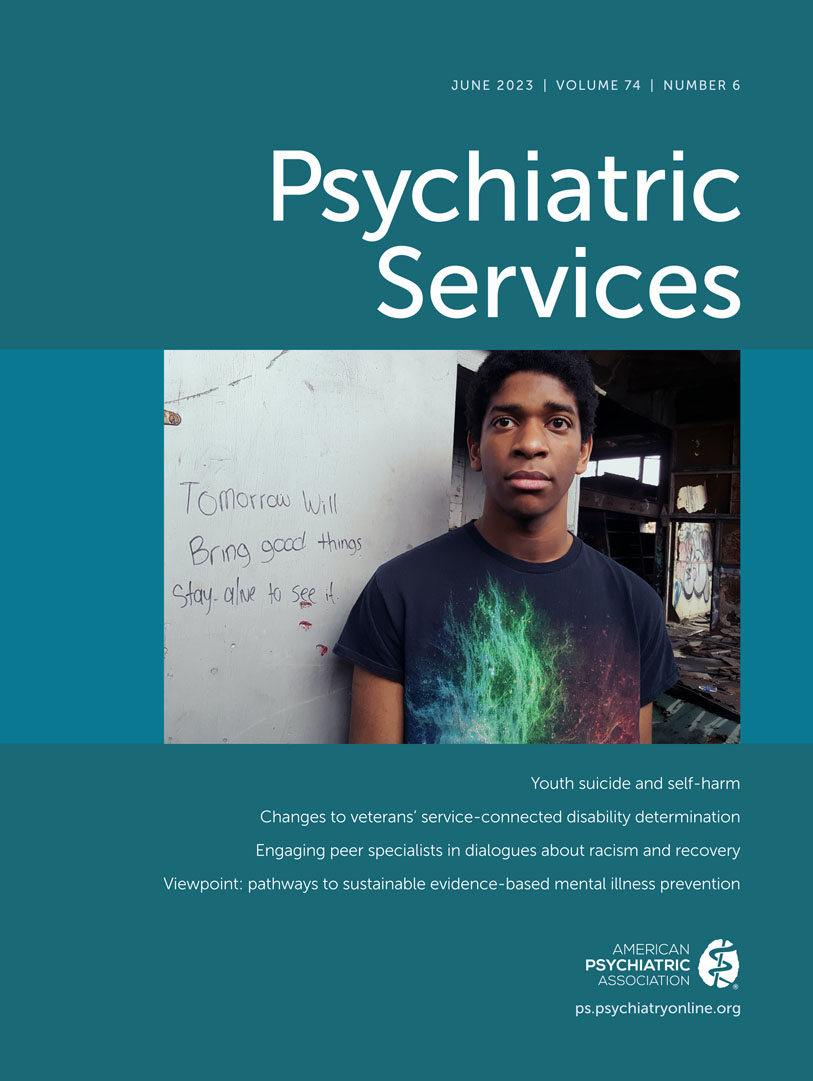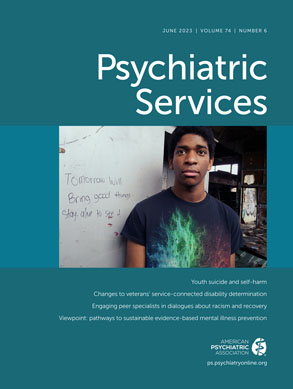The Affordable Care Act (ACA) introduced a provision where each state could extend Medicaid to persons below 138% of the federal poverty level. In this issue, Olfson and colleagues (
1) examine the extent to which Medicaid expansion affected adult racial and ethnic disparities in health care coverage and substance use treatment among low-income adults with a substance use disorder. The study expands on previous research by using a nationally representative sample to assess whether gains in health insurance coverage were equitable among all racial and ethnic groups and resulted in the narrowing of substance use treatment gaps.
Findings suggest that expansion states had decreases in uninsurance and increases in Medicaid coverage rates among persons with substance use disorders from all racial and ethnic groups. Compared with nonexpansion states, expansion states experienced less uninsurance and greater Medicaid coverage. Between the pre- and postexpansion periods, decreases in uninsurance were similar across racial and ethnic groups while gains in Medicaid coverage were higher for White than for Black individuals. Of note, Latinx individuals with substance use disorders had the highest uninsured rates compared with White and Black individuals in both expansion and nonexpansion states.
While rates of uninsurance have declined for Latinx individuals since the passage of the ACA, uninsurance rates remain high compared with White and Black individuals. Why? One driver may be the uneven expansion of Medicaid; for example, two states with large Latinx populations, Florida and Texas, have not expanded their Medicaid programs. Also, starting in 2017, funds for outreach and enrollment assistance in Medicaid expansion states were reduced. However, these mechanisms do not fully explain the differences in uninsurance rates.
Both long-standing (e.g., discrimination) and recent (e.g., COVID-19) issues contribute to Latinx populations’ disparate rates of uninsurance. For example, racially motivated policies such as the sanctioned expansion of Immigration and Customs Enforcement actions led to an increase in deportation raids and in racial profiling of Latinx and Black individuals. Additionally, the public charge policy was expanded to include previously excluded noncash programs, such as Medicaid coverage, when determining an individual’s public charge status, which affected deportation and legal residency status. Such discriminatory policies brew a toxic environment, legitimize outward expressions of derision, and instill fear among people of color, in particular those with undocumented status or in a mixed-status household.
Fears of persecution among immigrant families result in lower participation rates in health insurance programs and health care services. Although few individuals subject to public charge determination are eligible for Medicaid, there were deleterious effects among mixed-status households, such as forgoing Medicaid enrollment or disenrolling family members.
Although outside the time frame of Olfson and colleagues’ study (
1), the economic recession brought on by the COVID-19 pandemic has exacerbated the erosion of ACA-related insurance gains. Large numbers of Latinx individuals lost their employer-sponsored health insurance benefits when many industries (e.g., hospitality, manufacturing) experienced mass layoffs. Without health insurance coverage, individuals are less likely to obtain preventive care or specialty care and are more likely than individuals with health insurance coverage to experience poor health outcomes.
The Latinx community is the largest minoritized group in the United States and is projected to account for 25% of the total U.S. population by 2045. Efforts at the state and federal levels are needed to increase health insurance access for this growing demographic. In the short term, policy makers should consider expanding outreach and enrollment assistance as well as simplifying Medicaid application processes to facilitate Medicaid uptake. Long-term efforts may consider expanding Medicaid to undocumented individuals as well as those participating in the Deferred Action for Childhood Arrivals program. Any efforts should consider the heterogeneity among the Latinx community, be culturally and linguistically sensitive, and be respectful of individuals’ experiences and preferences.

